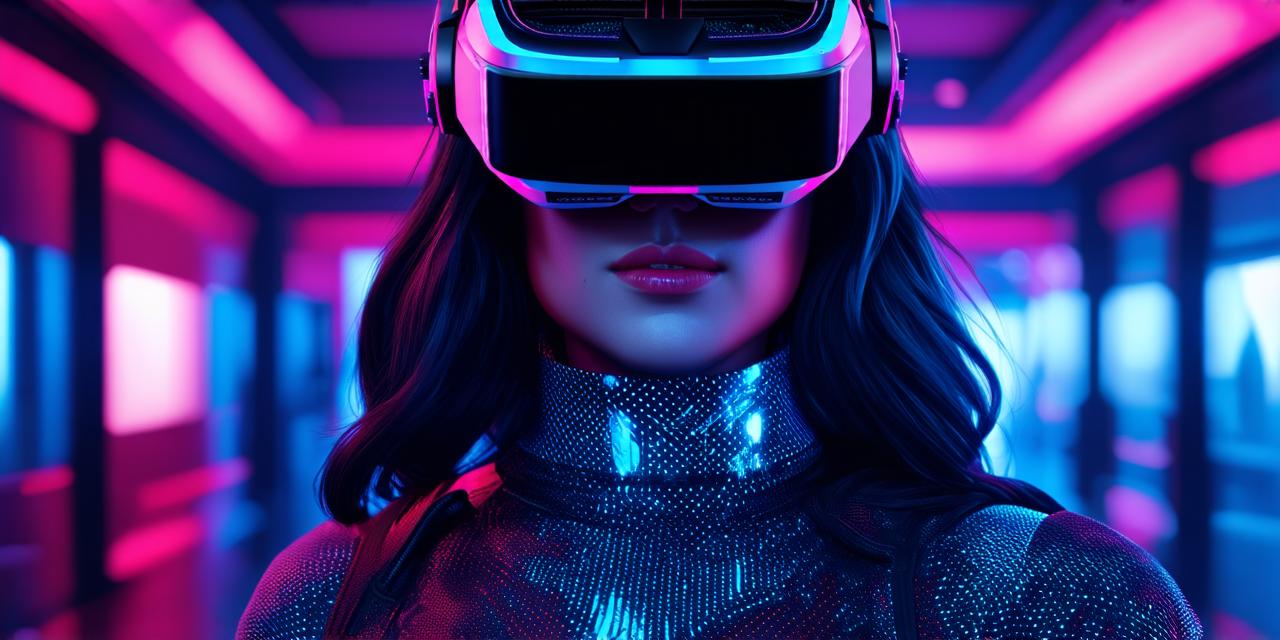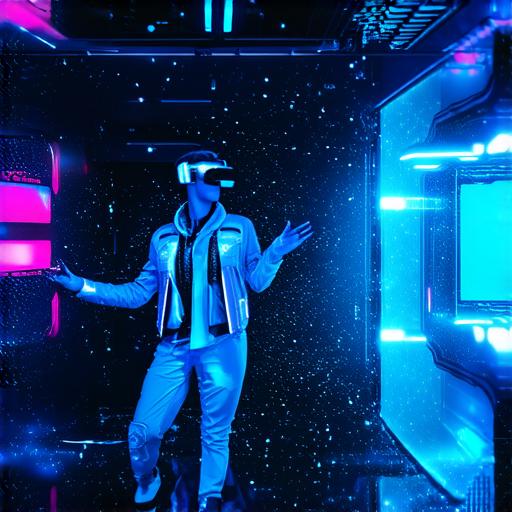
How are virtual reality and human perception interconnected?
Virtual reality (VR) is a new technology that allows us to experience immersive, interactive environments in a completely digital way. But what impact does this have on our perception of the world? In this article, we will explore how VR and human perception are interconnected, using case studies and personal experiences to illustrate the points being made.
One of the most significant ways that VR is changing our perception of the world is through its ability to create a sense of presence. When you put on a VR headset, you are transported into a digital environment that feels as real as the world around you. This can be a completely new experience for many people, and it can have a profound impact on how they perceive the world.
For example, consider a study conducted by researchers at Stanford University, which found that people who spent time in a VR environment were more likely to believe that climate change was happening than those who did not. This is because the virtual environment allowed them to experience the effects of climate change firsthand, and they were able to connect with the issue on a deeper level.
Another way that VR is changing our perception of the world is through its ability to create empathy. By allowing us to experience different perspectives and environments, VR can help us understand the experiences of others in a way that might not be possible otherwise.
For instance, the non-profit organization “One Child,” which uses VR technology to raise awareness about child poverty in Africa, has been able to create an immersive experience that allows people to see the world through the eyes of a child living in poverty. This can help them understand the challenges faced by these children and empathize with their experiences.

Finally, VR is also changing how we perceive ourselves and our place in the world. By allowing us to create custom avatars and interact with virtual environments, VR can help us explore new identities and perspectives.
Consider a study conducted by researchers at the University of California, Irvine, which found that people who spent time in a VR environment were more likely to believe that they had control over their lives than those who did not. This is because the virtual environment allowed them to take on new roles and responsibilities, and they were able to see themselves in a new light.
In conclusion, virtual reality and human perception are interconnected in many ways. From creating a sense of presence and empathy to changing how we perceive ourselves and our place in the world, VR is a powerful tool for shaping our understanding of the world around us. As VR technology continues to evolve, it will be fascinating to see how it continues to impact our perception of the world.


